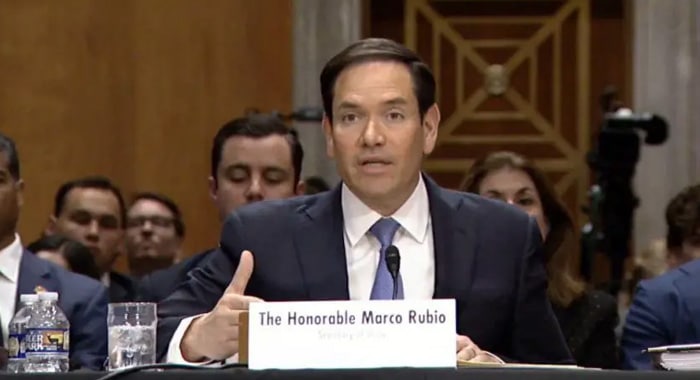The United States is reconsidering its official stance on the Taliban’s status, with Secretary of State Marco Rubio revealing that Washington is actively reviewing whether to designate the Afghan regime as a Foreign Terrorist Organization (FTO)—a move that could escalate sanctions and reinforce international isolation of the Taliban-controlled government.
Appearing before the House Foreign Affairs Committee on Wednesday, Rubio confirmed that the Biden administration is weighing the designation of the Taliban as a terrorist group, citing ongoing internal deliberations. The development signals a critical reassessment of U.S. policy towards Afghanistan, where the Taliban’s return to power has reignited global concerns over extremism, repression, and regional instability.
“The matter is under active consideration,” Rubio told lawmakers, responding to a question from Representative Tim Burchett. He further noted that the Taliban’s current classification as a “Specially Designated Global Terrorist” entity may soon be elevated to full designation under the FTO list, triggering sweeping diplomatic and financial consequences.
The discussions come at a time when the Taliban seeks to gain a semblance of international legitimacy, despite widespread allegations of human rights abuses, suppression of women, and ties with Al-Qaeda and other militant networks. Rubio acknowledged limited channels of communication had emerged, referring to the negotiated release of American citizens earlier this year as an indication of cautious engagement rather than trust.
In January and March, three U.S. nationals were freed in what officials described as delicate prisoner exchange arrangements. However, Rubio warned that such developments do not absolve the Taliban of their extremist legacy nor guarantee any sustained cooperation.
“There’s room to explore counterterrorism collaboration where U.S. interests are directly involved,” Rubio said, “but that does not erase the reality of who we’re dealing with.”
While humanitarian needs in Afghanistan continue to mount, the U.S. administration remains firm that engagement must not come at the expense of global security or embolden a regime that has consistently defied international norms. The review of the Taliban’s designation forms part of a broader policy recalibration aimed at safeguarding American strategic priorities in a volatile South Asian landscape.
The Taliban’s record since returning to power in 2021 has included widespread crackdowns on civil liberties, credible reports of extrajudicial killings, and persistent sheltering of transnational jihadist groups. Washington’s latest deliberation may serve as a litmus test for how far the international community is willing to go in confronting the challenges posed by Afghanistan’s hardline rulers.





